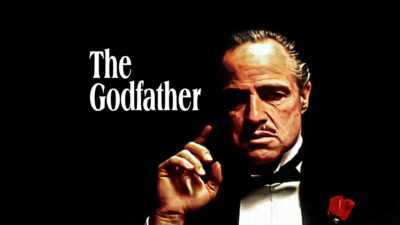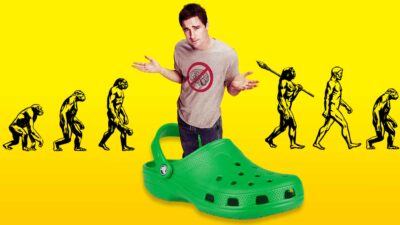
Some companies have made a sport of using advertising to bash a competing brand: Pepsi and Coke, Colgate and Crest, Miller Lite and Bud Light.
It was a rivalry of this sort that compelled Quiznos, the toasted-sandwich chain, to invite the public to submit homemade commercials in a contest intended to attack a top rival, Subway. The contest rules made it clear that the videos should depict Quiznos sandwiches as “superior” to Subway’s.
 Subway promptly sued Quiznos and iFilm, the Web site owned by Viacom that ran the contest, saying that many of the homemade videos made false claims and depicted its brand in a derogatory way. Subway is also objecting to ads that Quiznos itself created, showing people on the street choosing Quiznos over Subway.
Subway promptly sued Quiznos and iFilm, the Web site owned by Viacom that ran the contest, saying that many of the homemade videos made false claims and depicted its brand in a derogatory way. Subway is also objecting to ads that Quiznos itself created, showing people on the street choosing Quiznos over Subway.
The dispute over an ad is fairly standard — companies often sue one another over advertising claims — but the video contest raises a novel legal question: Quiznos did not make the insulting submissions, so should it be held liable for user-generated content created at its behest?
If the answer is yes, that could bring a quick death to these popular contests, advertising executives say. Consumer brands like Doritos, Dove, Toyota and Heinz have run promotions of this sort because they generate publicity, usually at a low cost to the advertiser, and sometimes lead to clever spots that work well on television. But the Subway lawsuit, which seeks financial and punitive damages, seems to open a Pandora’s box.
“Let’s just hope that as collateral damage it doesn’t kill the entire genre of competitive advertising,” said Brad Brinegar, chief executive of McKinney, an ad agency in Durham, N.C., that does not work with Subway or Quiznos.
[Check out the winning commercial: NYTimes]

Frank Wilson is a retired teacher with over 30 years of combined experience in the education, small business technology, and real estate business. He now blogs as a hobby and spends most days tinkering with old computers. Wilson is passionate about tech, enjoys fishing, and loves drinking beer.





















 How To Access The Super Secret iPhone Diagnostic Mode
How To Access The Super Secret iPhone Diagnostic Mode
Leave a Reply